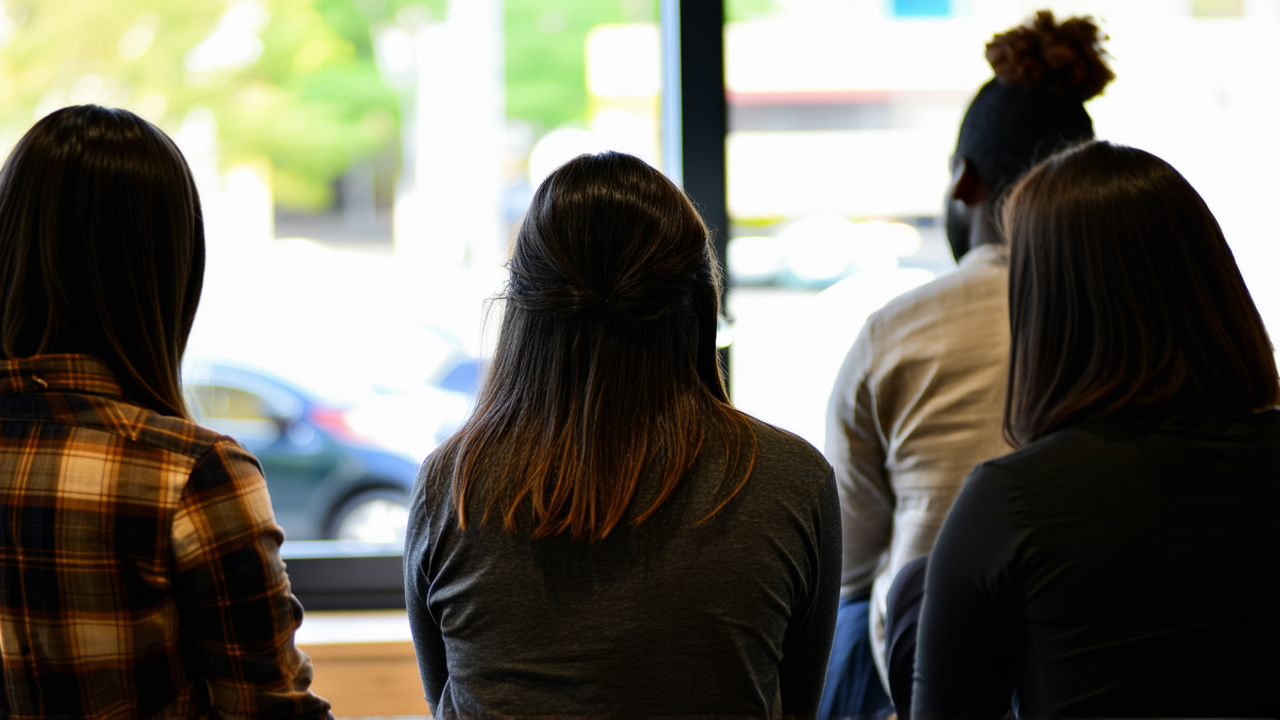Gumboot Friday Secures Government Funding Through 2026 for Mental Health Support
Gumboot Friday Secures Government Funding Through 2026 for Mental Health Support
In a significant move for mental health services in New Zealand, the controversial charity Gumboot Friday has secured continued Government funding through to 2026. This comes as part of a broader effort to address mental health challenges among young people, with the initiative aiming to deliver thousands of free counselling sessions over the next two years.
Mental Health Minister Matt Doocey emphasized the importance of the funding, stating that the program is helping thousands of young people access mental health support faster than ever before. He said the Government is “turning the corner with reducing wait times and increasing the workforce.”
“There are not many organisations that can get our young people off waitlists into counselling often within just a few days,” Doocey added. “The Government is backing Gumboot Friday to deliver more.”
The 2025/26 funding package will deliver 40,000 individual counselling sessions, potentially reaching up to 15,000 young New Zealanders over the next 12 months. The organisation is also looking to scale up its operations and encourage more young people to access free counselling.
Since the initiative's inception, the Government has committed $24 million over four years to support Gumboot Friday, which was founded by mental health advocate Mike King. This funding decision was not without controversy, as Labour had previously called for a pause in support due to King’s controversial remarks on alcohol and mental health.
King once claimed that “alcohol is not a problem for people with mental health issues. It’s actually the solution to our problem, until you come up with a better solution.” This statement was met with strong opposition from the Drug Foundation, which argued that alcohol is “really unhelpful during times of mental distress.”
Doocey, however, acknowledged King’s right to his opinion and stated he would not ask the advocate to rein in his comments. “While I disagree with his views on alcohol, he is entitled to his opinion,” Doocey said in November last year.
The program has already delivered over 30,000 free counselling sessions in its first 12 months of Government funding, supporting more than 10,000 young New Zealanders who might not have otherwise accessed timely mental health support.
Despite the progress, the initiative has not been without challenges. Last October, the Auditor-General criticized the Government’s “unusual and inconsistent” process in allocating $24 million to King’s initiative. The funding was initially part of a coalition agreement, which aimed to provide counselling services to young people aged 5 to 25 through the I Am Hope foundation. However, health officials faced difficulties in making the contract compliant with public procurement rules, ultimately invoking a special “opt-out” clause.
John Ryan, the Auditor-General, wrote to the director-general of health at the time, noting the process was “unusual and inconsistent.” This highlights the complexities involved in integrating new mental health initiatives into the existing public health framework.
As the program moves forward, the focus remains on expanding access to mental health services for New Zealand’s youth. With ongoing Government support and the potential for further scaling, Gumboot Friday is positioned to play a key role in the nation’s mental health strategy for the next several years.
